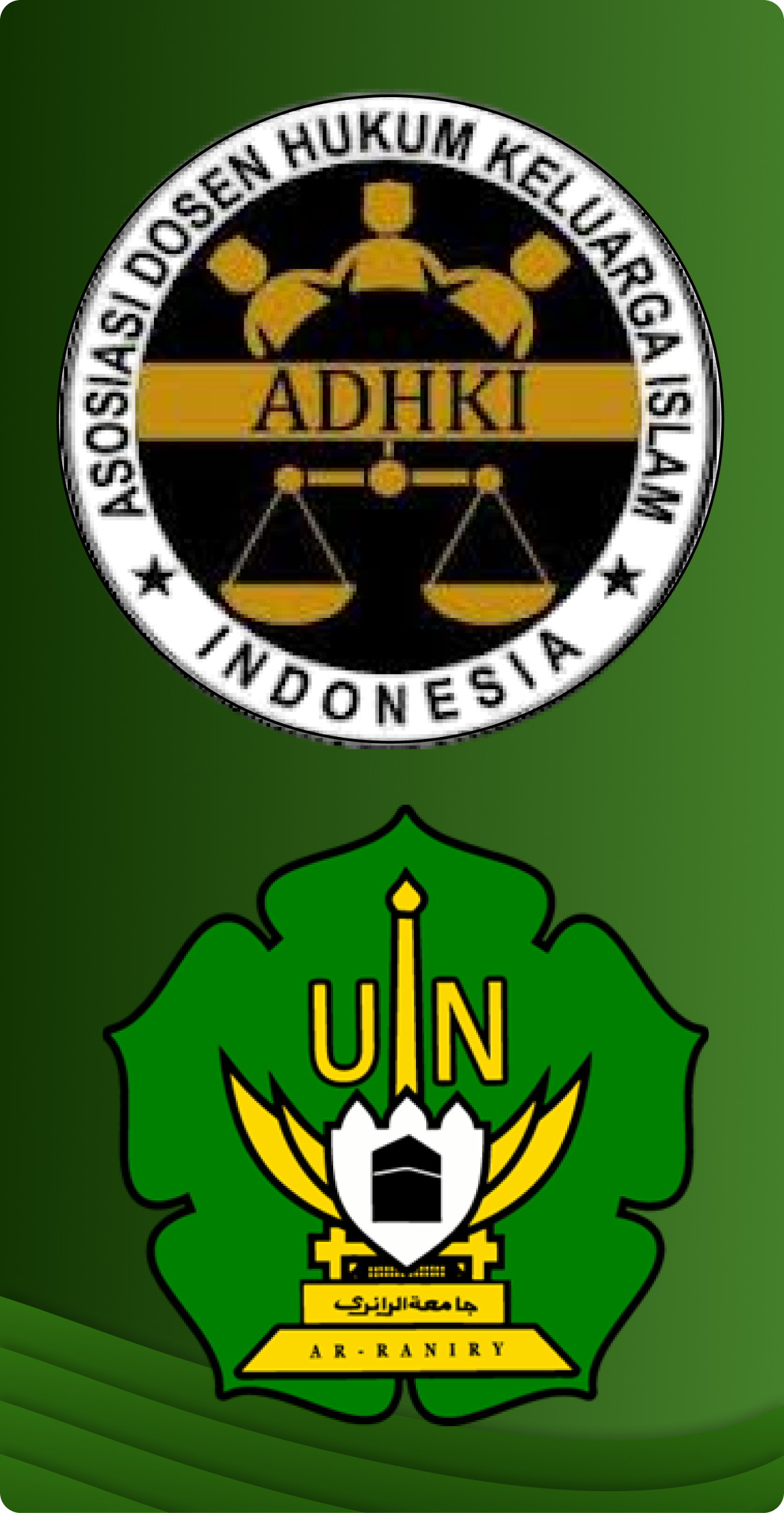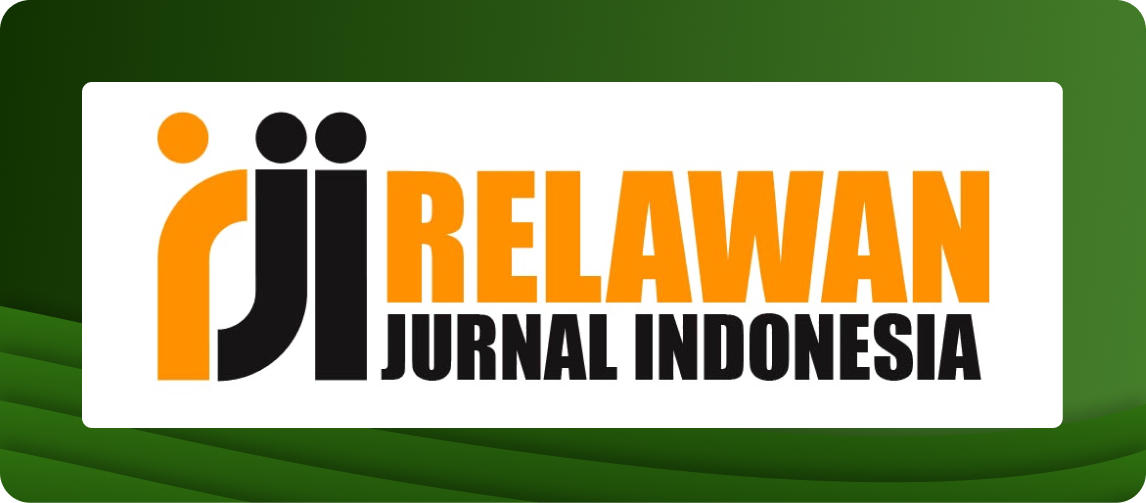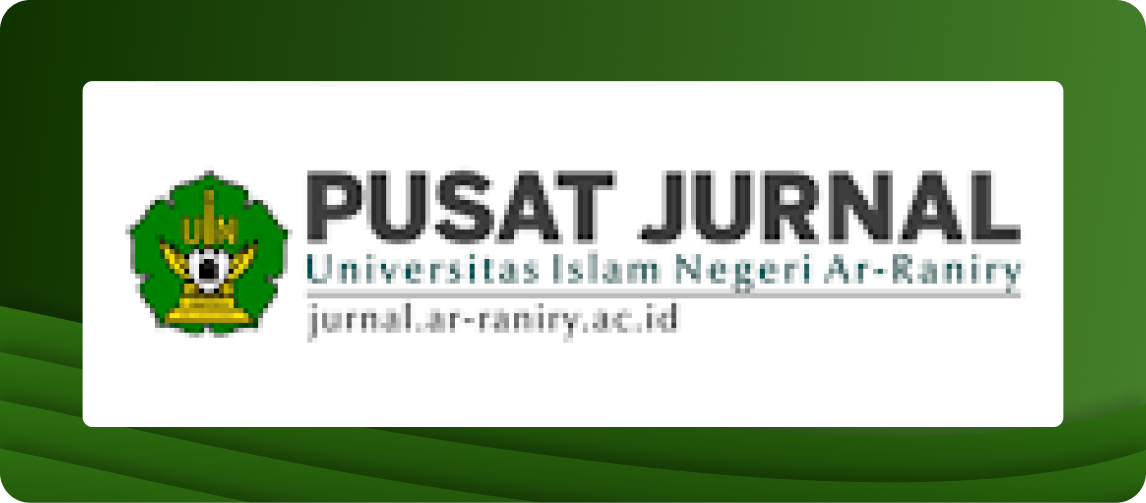Utilizing the Banking System For Digital Waqf Behavioral Approach of Millennial Muslims
DOI:
https://doi.org/10.22373/ujhk.v7i1.22562Keywords:
Perceived usefulness, perceived ease of use, subjective norm, hubristic pride, cash waqfAbstract
The objective of this study is to analyze the influence of the digital sharia banking system on cash waqf among the millennial population in the Sumatran Island. This study is a quantitative research that focuses on the millennial generation in the Sumatran Island. The sample size for this study consists of 349 respondents. The data analysis approach employed is the Partial Least Squares (PLS) Test utilizing smart PLS software version 7.0. The findings indicate that Perceived Usefulness (PU) does not exert a substantial impact on the decision to waqf money. This implies that the level of benefits experienced by users of the digital sharia banking system does not have the ability to affect the decision to donate money through waqf. The perceived ease of use (PEU) positively and significantly influences the decision to waqf money. This implies that the higher the comfort felt by the millennial generation through the digital sharia banking system, the more likely they are to decide to waqf money. The sense of the surrounding environment, known as Subjective Norm (SN), has a positive and considerable influence on the decision to waqf money through the digital sharia system. Hubristic Pride (HP) does not exert a substantial influence on the inclination to donate money through the digital sharia system, indicating that the decision of the millennial generation to engage in this practice is not driven by hubris pride in the form of narcissism.
References
Journals and Books
Abd Malik, Akmal Nashern and Sharifah Nurafizah Syed Annuar, “The Effect of Perceived Usefulness, Perceived Ease of Use, Reward, and Perceived Risk toward E-Wallet Usage Intention.” In Eurasian Business and Economics Perspectives (2021). DOI:10.1007/978-3-030-65147-3_8.
Ahn, Hee-Kyung, et.al., “You Have Got Items to Show off Your Pride: The Effects of Pride on Preference for Attention-Grabbing Products.” European Journal of Marketing (2021). DOI:10.1108/EJM-09-2019-0688.
Ajzen, Icak and M. Fishbein, "The Influence of Attitudes on Behavior”. The handbook of attitudes. 2005.
Ajzen, Icak, “Martin Fishbein’s Legacy: The Reasoned Action Approach,” The Annalas of American Academiy of Political and Social Science 60, no. 1. (2012).
Al-Kabisi, Muhammad Abid Abdullah, “Hukum Wakaf: Kajian Kontemporer Pertama Dan Terlengkap Tentang Fungsi Dan Pengelolaan Wakaf Serta Penyelesaian Atas Sengketa Wakaf.” Jakarta: Dompet Dhuafa Republika & IIMaN, 2004.
Ali, Mohammad Daud, Sistem Ekonomi Islam: Zakat Dan Wakaf, Jakarta: Universitas Indonesia, 1988.
Alsaad, A. K., “Ethical Judgment, Subjective Norms, and Ethical Consumption: The Moderating Role of Moral Certainty.” Journal of Retailing and Consumer Services, (2021).
Ansari, Abdul Ghofur, “Hukum Dan Praktek Perwakafan Di Indonesia.” Yogyakarta: Pilar Media, 2006.
Ashraf, Rida, “Multigenerational Employees: Strategies for Effective Management. International Journal of Economics & Management Sciences 7, no. 3 (2018). http://dx.doi.org/10.4172/2162-6359.1000528
Bin-Nashwan, S. A., “Moderating effect of perceived behavioral control on Islamic tax (zakah) compliance behavior among businessmen in Yemen,” Journal of Social Service Research 47, No. 2 (2021). 292-302.
Budyastuti, Triyani and Diah Iskandar, “The Influence of Usefulness, Ease of Use and Trust Using E-Commerce to User Behaviour (Case Study to Lazada.Com Consumers),” Journal of Marketing and Consumer Research 46, no. 1 (2018). 78-82.
Djunaidi, Achmad, “Pedoman Pengelolaan Wakaf Tunai.” Jakarta: Direktorat Pemberdayaan Zakat, Departemen Agama RI, 2007.
Djunaidi, Achmad, “Strategi Pengembangan Wakaf Tunai di Indonesia.” Jakarta: Direktorat Pemberdayaan Zakat, Departemen Agama RI, 2007d.
Djunaidi, Achmad, Strategi Pengembangan Wakaf Tunai di Indonesia. Edited by Jakarta. Direktorat Pemberdayaan Zakat Departemen Agama RI, 2007c.
Djunaidi, Pedoman Pengelolaan Wakaf Tunai (Jakarta: Direktorat Pemberdayaan Zakat, Departemen Agama RI, 2007.
Fachrulamry, D. M. R., and Hendrayati, “Perceived Ease of Use on Purchase Intention of Mobile Commerce Application. In 5th Global Conference on Business.” Roceedings of the 5th Global Conference on Business, Management and Entrepreneurship 187 (2021). 512–16.
Firmansyah, Muhammad Anang, Perilaku Konsumen (Sikap Dan Pemasaran), Yogyakarta: Deepublish, 2018.
Ghozali, Structural Equation Modeling Metode Alternatif Dengan Partial Least Square PLS Dilengkapi Software Smartpls 3.00 Xistat 2014 Dan WarpPLS 4.0. Edisi 4. Semarang: Badan Penerbit Universitas Diponegoro, 2014.
Hasanah, Umrotul, “Cash Waqf Dan Kontribusinya Dalam Perekonomian Nasional.” El-Qisth 1, no. 2, (2005).
Herispon. 2019. “Pendekatan Inklusi Keuangan Dan Teori Perilaku Terencana Dalam Analisis Perilaku Utang.” JEBI (Jurnal Ekonomi Dan Bisnis Islam) 4, no. 2: (2019). 194. https://journal.febi.uinib.ac.id/index.php/jebi/article/view/245.
Ilchman, Warren F. “Filantropi Di Berbagai Tradisi Dunia.” Jakarta: CSRC, 2006.
Indonesia, Majelis Ulama, “Himpunan Fatwa Majelis Ulama Indonesia: Bidang Sosial Dan Budaya.” Jakarta: Dirjen Bimas Islam dan Urusan Haji Departemen Agama RI, 2014.
Maivalinda, et.al., “Mengukur Minat Wakaf Uang Generasi Milenial Dalam Mendukung Pendanaan Pembangunan Berkelanjutan Sumatera Barat.” Jurnal Ekonomi Dan Bisnis Dharma Andalas 8, no. 5, (2021).
Mannan, Muhammad Abdul, “Sertifikat Waqf Tunai: Sebuah Inovasi Instrumen Keuangan Islam.” Jakarta: PKTTI, UI, 2001.
Mohamad, Perilaku Konsumen. Mojokerto: Insan Global, 2014.
Parry, Frank, Digital Citizenship: The Internet, Society, and Participation. Emerald Insight, 2008.
Prasinanda, Risca Putri, and Tika Widiastuti, “Peran Nazhir Dalam Mengelola Hasil Wakaf Uang Pada Badan Wakaf Indonesia Jawa Timur.” Jurnal Ekonomi Syariah Teori Dan Terapan 6, no. 12 (2020). 2553. https://doi.org/10.20473/vol6iss201912pp2553-2567.
Putu Ayu Mira Witriyanti Wida, et.al., “Aplikasi Model TAM (Thecnology Acceptance Model) Pada Perilaku Penggunaan Instagram.” JUMA (Jurnal Ilmu Manajemen) 6, no. 2: (2016). https://journals.usm.ac.id/index.php/jreb/article/download/1659/1078.
Rusydiana, Hidayat, and Rahayu Widiastuti, “Cash Waqf for Developing Islamic Economy: Case Study in Indonesia.” Al-Uqud: Journal of Islamic Economics 5, no. 1, (2021).
Shatar, Wan Nuraihan Ab, “Eterminants of Cash Waqf Fund Collection in Malaysian Islamic Banking Institutions: Empirical Insights from Employees’ Perspectives.” ISRA International Journal of Islamic Finance, 13, (2021).
Simamora, Bilson, Panduan Riset Perilaku Konsumen. Jakarta: Gramedia Pustaka Utama, 2008.
Sonafist, H.Y. et.al., “Ibn Al-Muqaffa’s Proposal for Taqnīn and its Synchronization with Islamic Law Codification in Indonesia,” Samarah: Jurnal Hukum Keluarga dan Hukum Islam 4, No. 2 (2020). DOI: http://dx.doi.org/10.22373/sjhk.v4i2.7864.
Sugiyono, Metode Penelitian, Bandung: CV Alfabeta, 2015.
Sugiyono, Metodologi Penelitian Pendidikan (Pendidikan Kualitatif, Kuantitatif, Dan R&D). Bandung: Alfabeta, 2010.
Suryadi, Nanda, and Arie Yusnelly, “Pengelolaan Wakaf Uang Di Indonesia.” Syarikat: Jurnal Rumpun Ekonomi Syariah 2, no. 1 (2019). 27–36. https://doi.org/10.25299/syarikat.
Syahbandir, Mahdi, et.al., “State and Islamic Law: A Study of Legal Politics on Zakat as a Tax Deduction in Aceh,” Ahkam: Jurnal Ilmu Syariah 22, No. 1 (2022). DOI: 10.15408/ajis.v22i1.26200.
Syaikhu Syaikhu, et.al., “The Empowerment of Infaq and Waqf Evaluation in light of Maqasid al-Sharia Perspective in Mosques in Palangka Raya, Indonesia,” Samarah: Jurnal Hukum Keluarga dan Hukum Islam 5, No. 2 (2021). DOI: http://dx.doi.org/10.22373/sjhk.v5i2.8997.
Tamba, Darwis, “Aplikasi Theory of Planned Behavior Untuk Memprediksi Perilaku Mahasiswa Membeli Laptop Lenovo (Studi Kasus: Mahasiswa FE-Unika Santo Thomas SU).” Jurnal Manajemen Dan Bisnis 17, no. 2. (2019).
Tika, Moh Pabundu, Metode Risert Bisnis. Jakarta: Bumi Aksara, 2006.
Tim Penyusun, Himpunan Fatwa Majelis Ulama Indonesia. Jakarta: Dirjen Bimas Islam dan Urusan Haji Departemen Agama RI, 2003.
Undang-Undang Republik Indonesia Nomor 41 Tahun 2004 tentang Wakaf.
Downloads
Published
Issue
Section
License
Authors who publish in El-Usrah: Jurnal Hukum Keluarga agree to the following terms:
Authors retain copyright and grant the journal right of first publication with the work simultaneously licensed Attribution-ShareAlike 4.0 International (CC BY-SA 4.0) that allows others to share the work with an acknowledgment of the work's authorship and initial publication in this journal.
Authors are able to enter into separate, additional contractual arrangements for the non-exclusive distribution of the journal's published version of the work (e.g., post it to an institutional repository or publish it in a book), with an acknowledgment of its initial publication in this journal.
Authors are permitted and encouraged to post their work online (e.g., in institutional repositories or on their website) prior to and during the submission process, as it can lead to productive exchanges, as well as earlier and greater citation of published work. (See The Effect of Open Acces)

















